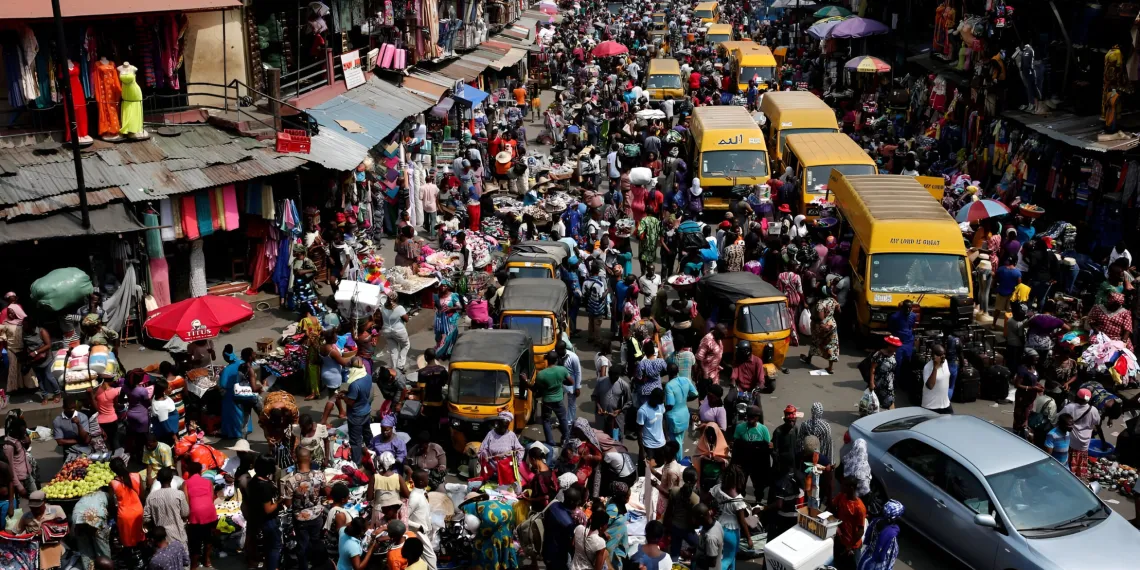- UN latest ranking
BY BONNY AMADI
The vulnerability of Nigeria’s to harsh economic conditions and poverty induced inequalities has ostensibly taken a drastic toll on the citizens health conditions, which makes them to die younger with other global citizens.
Nigeria’s average life expectancy at 54.9 years, has placed the country historically as the lowest in the world with least life span.
The United Nations’ (UN) latest global health re- port for 2025 ranked Nigeria as the country with the lowest life expectancy globally.
The report posits Africa’s populous nation’s average life expectancy at 54.9 years, marking it the lowest in the world.
The figure falls significantly below Africa’s continental average and less than threequarters of the global benchmark of 73.7 years.
According to the data, Nigerian men live an average of 54.3 years, while women reach about 54.9 years.
For comparison, Chad and the Central African Republic barely fare better, with life expectancies of 55.2 and 57.7 years, respectively.
Life expectancy
Life expectancy is the average number of years a person is expected to live based on current mortality patterns.
It is a key indicator of a country’s overall health, reflecting the quality of healthcare, living conditions, nutrition, and socio-economic wellbeing of its population.
A higher life expectancy suggests that citizens are living longer, healthier lives.
A lower figure, as in Nigeria’s case, points to persistent health and development challenges.
Life expectancy stagnates since 2019 In 2019, a similar UN report placed Nigeria’s life expectancy at around 55 years, ranking it the third lowest in the world at the time.
The latest figure therefore shows virtually no improvement over six years, and a further slip in global ranking as other countries made steady gains.
The UN agency’s earlier report also showed that Nigeria’s population grew sharply over the decades, rising from 54.7 million in 1969 to 105.4 million in 1994, and reaching 201.0 million in 2019.
Of this figure, 44 per cent of Nigerians were aged 0 to 14 years, while 32 per cent fell within the 10 to 24-year age range, a demographic structure that underscores the heavy pressure on healthcare, education, and employment systems.
Experts have linked Nigeria’s dismal ranking to long-standing problems such as a high burden of infectious diseases, limited access to quality care, and recurring industrial actions by health workers.
They also point to broader socio-economic issues, including widespread poverty, insecurity, malnutrition, and environmental degradation, that continue to undermine citizens’ health outcomes and quality of life.













